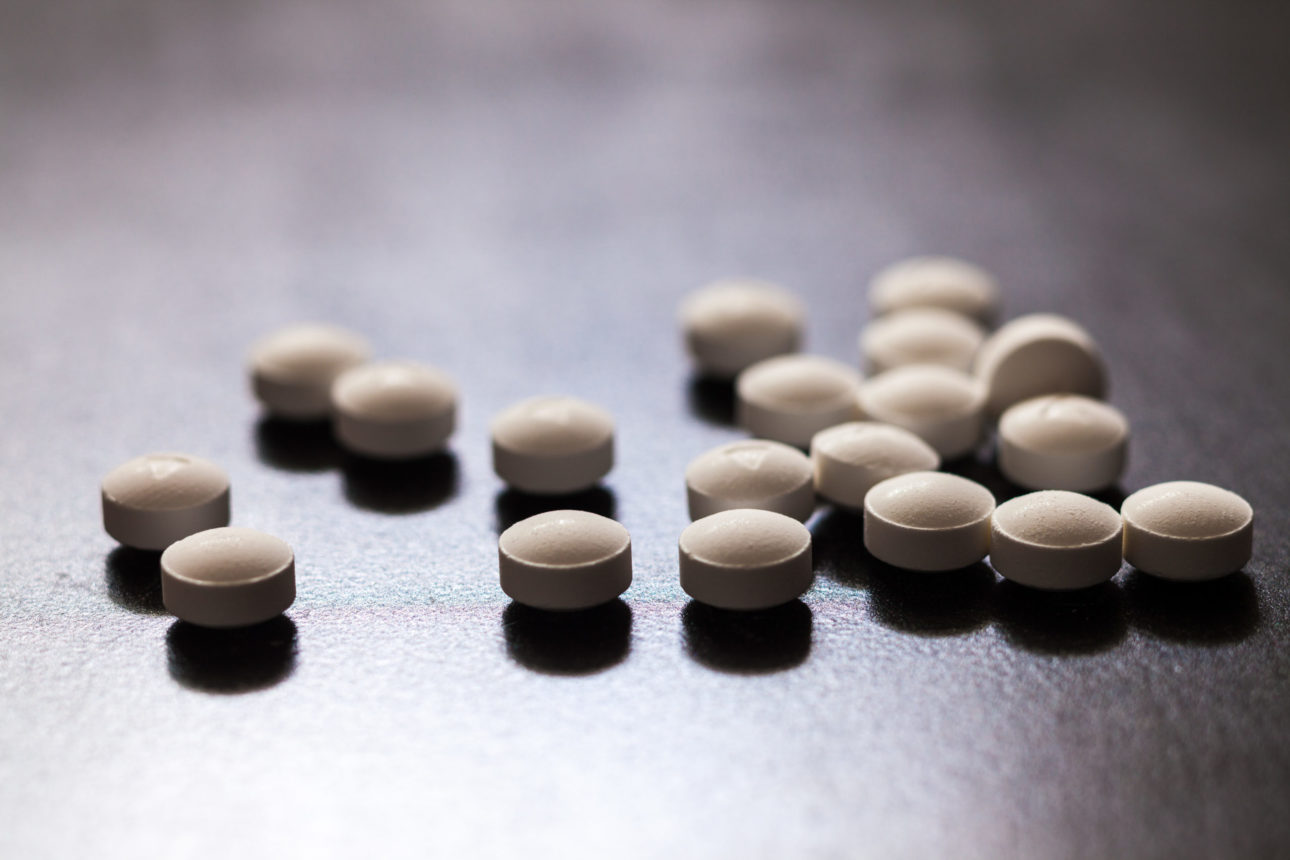The United States is currently experiencing a devastating opioid epidemic. 128 people die every day from an opioid overdose. Opioids are one of the most common prescription medications used today and also happen to be the most dangerous. Opioids are meant to be used on a short-term basis to help people control pain. They are extremely addictive and it’s common that someone ends up using them for years.
What is an Opioid Addiction?
Opioid addiction is a long-lasting disease that causes health, social, and economic problems. It’s characterized by a compulsive urge to use opioid drugs, even when they are no longer needed for medical purposes. The addiction happens when the brain chemistry is changed by repeat drug use, and a tolerance is built. Physical and emotional withdrawals will then occur if the person addicted stops taking opioids. Millions of Americans are impacted by opioid addiction every day.
Commonly prescribed opioids are hydrocodone, morphine, codeine, and fentanyl. Heroin is also an opioid but isn’t prescribed by doctors. Heroin is sold and purchased on the streets. It’s not uncommon for someone to start using hydrocodone and eventually use heroin.
How to Break an Opioid Addiction
Breaking an opioid addiction may seem extremely difficult but it doesn’t have to be. While there are numerous people addicted to opioids, there are also numerous people who are successful in recovery from opioids. Below are a few tips on how to break an opioid addiction:
- Admit You Need Help: The first step in beating an opioid addiction, just like any other addiction, is admitting you need help. Addiction isn’t a matter of ‘self-control’, it’s a disease that affects and rewires the brain. It’s completely ok to admit to yourself and others that you do in fact need help and want to get sober. Don’t be ashamed, asking for help doesn’t mean you’re weak, it actually means you’re strong.
- Know Your Options: After admitting you need help, the next step in the right direction is to research treatment options. There are what seems to be an endless amount of treatment options available. It’s helpful to do some research and get informed on the many kinds of treatment available to beat opioids. Beating addiction shouldn’t be done alone and is most effectively done with the help of a treatment center.
- Reach Out: It’s important to contact treatment centers and facilities to get more information on their programs once you do some research. It may be helpful to write down the questions you have before calling. Speaking to someone over the phone and asking questions that are important should make you feel more comfortable about pursuing recovery.
- Trust the Professionals: Finally, people who are looking for help with an opioid addiction need to trust trained medical professionals. These are specialists who have the expertise necessary to get to the root of someone’s opioid addiction. They do what they do because they want to help you and see you live a successful, drug-free life. They help you uncover the root of your drug addiction so you can become happy and sober.
We’re Here to Help
At Soba Recovery, we are honored to be one of the main drug & alcohol treatment programs serving individuals and families in the southwest region. We have programs both in Mesa, AZ and San Antonio, TX. Our detox & inpatient treatment programs help participants battle addiction and take steps to recovery. Our unique luxury addiction treatment program takes advantage of proven, traditional treatment methods and blends them with new, innovative therapies. Our priority is helping our clients overcome substance abuse and retain sobriety. If you would like to find out more about our addiction treatment program, please contact us!




